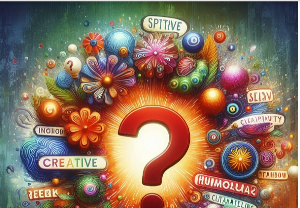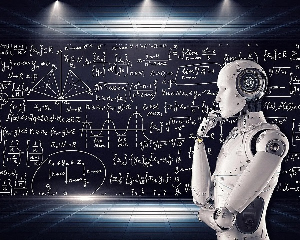In the age of artificial intelligence, ChatGPT stands as a powerful tool for generating human-like text and providing assistance across various domains.
However, its users occasionally encounter inaccuracies in its responses, leading to the question: Is ChatGPT wrong, or is it due to a misunderstanding of the prompt or limitations in its training data?
The answer lies in the nuanced interplay between how ChatGPT interprets prompts and the depth of its training data. Let's delve into each aspect to gain a better understanding.
Misunderstanding of Prompts:
ChatGPT operates by analyzing prompts and generating responses based on patterns
learned from its training data. However, the richness and complexity of human language can sometimes lead to ambiguity or misinterpretation.
For example, a vague or poorly worded prompt may lead ChatGPT to generate a
response that doesn't align with the user's expectations. In such cases, it's not that ChatGPT is inherently wrong, but rather that it has misunderstood the intent behind the prompt.
To mitigate this issue, users can provide clearer, more specific prompts to guide ChatGPT towards generating more accurate responses. Additionally, refining the model's prompt understanding capabilities through continued training and updates can further enhance its accuracy in interpreting user inputs.
Limitations in Training Data:
Another factor influencing ChatGPT's accuracy is the breadth and depth of its training data. While the model has been trained on vast amounts of text from diverse sources, it's impossible to cover every possible scenario or topic comprehensively.
As a result, ChatGPT may lack context or knowledge on certain subjects, leading to inaccuracies in its responses. For instance, if a user asks a question about a niche topic or recent event that isn't well represented in the training data, ChatGPT may struggle to provide a satisfactory answer.
Continuously expanding and diversifying the training data can help address this
limitation, allowing ChatGPT to learn from a wider range of sources and improve its understanding of various subjects over time.
In conclusion, when assessing the accuracy of ChatGPT's responses, it's essential to consider both the clarity of the prompt provided by the user and the breadth of the model's training data. While errors may arise from misunderstandings or limitations, ongoing improvements in both prompt understanding and training data can enhance ChatGPT's ability to generate accurate and relevant responses across diverse contexts.
Opinions of Monday, 29 April 2024
Columnist: Ebenezer Ababio Tetteh















